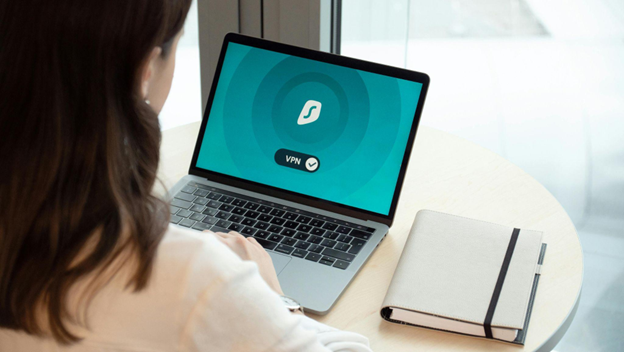

The Hacker’s Favorite Target: What Every Entrepreneur Needs to Know About Cybersecurity
If you’re building a business, there’s a target on your back—and it’s a digital one. You might assume cybercriminals are only chasing down big corporations with deep pockets, but the truth is they’re often going after the little guys. Startups and small businesses make perfect prey: lean teams, unfortified systems, and a sense of invincibility that makes them vulnerable. If you’re an aspiring entrepreneur or already knee-deep in building your brand, understanding the cyber minefield you’re walking through is no longer optional—it’s survival.
Why You’re on the Radar (Even If You Think You’re Not)
Your business may not seem like much to a seasoned hacker, but it holds exactly what they want: customer data, payment info, credentials, and access points. Even a modest email list can be resold on the dark web, and a breach can shut down operations for days—maybe permanently. When you’re small, every resource counts, so when ransomware locks up your network, it’s not just a hiccup—it’s a knockout punch. You might not be famous, but in the cyberworld, you’re profitable in all the wrong ways.
Keep Your Files Safe
One of the most overlooked best practices when trying to avoid a cyberattack is managing how you store and share sensitive files. Using password-protected PDFs can be a solid line of defense, especially when dealing with contracts, financial reports, or internal strategy docs that shouldn’t fall into the wrong hands. That said, editing PDFs directly can waste precious time if you’re a business owner juggling a dozen other things. If you need to make changes, you can always convert the file into an editable Word document using an online tool; just upload, convert, make your edits, and save it back to PDF. If you’re looking for a quick way to do that, check this out.
Best Practices Aren’t Optional
You don’t need to be a tech wizard, but you do need to implement basic protections that can’t be skipped. That starts with using multifactor authentication across every login you and your team use. Update your software like it’s rent—regularly, without fail. Encrypt sensitive data, back it up to secure servers (plural), and avoid free or unverified plugins like they’re poisoned apples. These aren’t high-level tactics; they’re the digital equivalent of locking your doors at night.
Training Isn’t a One-Off Meeting—It’s a Mindset Shift
You can have every firewall in the world, but if your team clicks on a phishing link, you’re toast. Cybersecurity isn’t just an IT issue; it’s a people issue. You need to build a culture where every employee—yes, even the part-time intern—understands what threats look like and what to do when they spot one. Make it routine. Send out monthly simulated phishing tests, run micro-trainings, and reward vigilance like you would innovation.
Your Vendors Could Be Your Weakest Link
It’s not just about locking down your own systems; it’s about knowing who has access to them. If you use third-party tools, ask questions. What are their security policies? Have they had breaches? Do they encrypt your data? One compromised service provider can become your problem very quickly. Vet your vendors like you’re hiring a bodyguard—they need to protect you, not expose you.
Stay Ahead of The Threat
If you’re serious about tightening the bolts on your business’s cybersecurity, earning a degree in the field can give you the tools to do more than just react—you’ll learn how to anticipate and prevent threats before they hit. A cybersecurity degree dives deep into everything from network defense to ethical hacking, giving you the knowledge to protect your company’s systems with confidence. The beauty of today’s education landscape is flexibility—earning your degree online means you can build expertise without stepping away from your business. If you’re considering that path, this might be a good place to start for more information.
Starting a business takes guts. You pour in hours, sacrifice weekends, and bet on your own potential. But if you’re not thinking about cybersecurity, you’re gambling with forces that play dirty and don’t care how hard you’ve worked. You don’t need a full IT department to stay protected—you just need to stay aware, stay proactive, and treat cybersecurity like the business asset it is.
Stay ahead in the digital world with Cyber News Live, your go-to source for the latest in cybersecurity news and insights, empowering you to protect and thrive in today’s cyber landscape.
This article was written by Ian Garza. Ian, a former hiring manager, is big on balance. After years of long hours working for a large insurance company, in June 2020, Ian said enough was enough. The pandemic helped him realize life is too short to give his health and life to a company that valued only his productivity and not him as a person. Today, Ian is building a consulting business with a former colleague, working fewer hours, and making time for his favorite hobbies — reading, bouldering, and hanging out with his cat.
